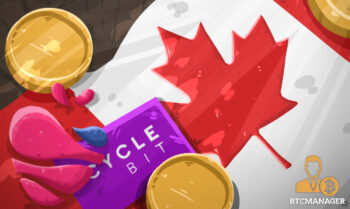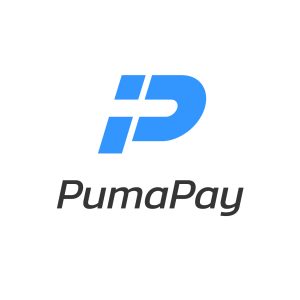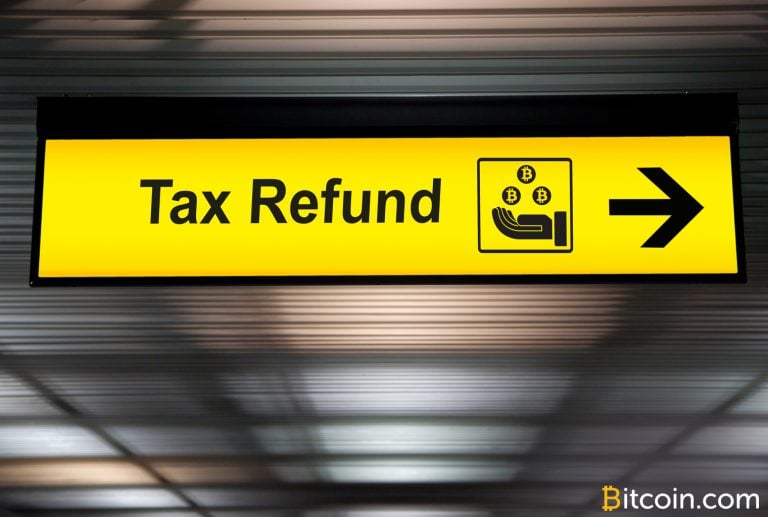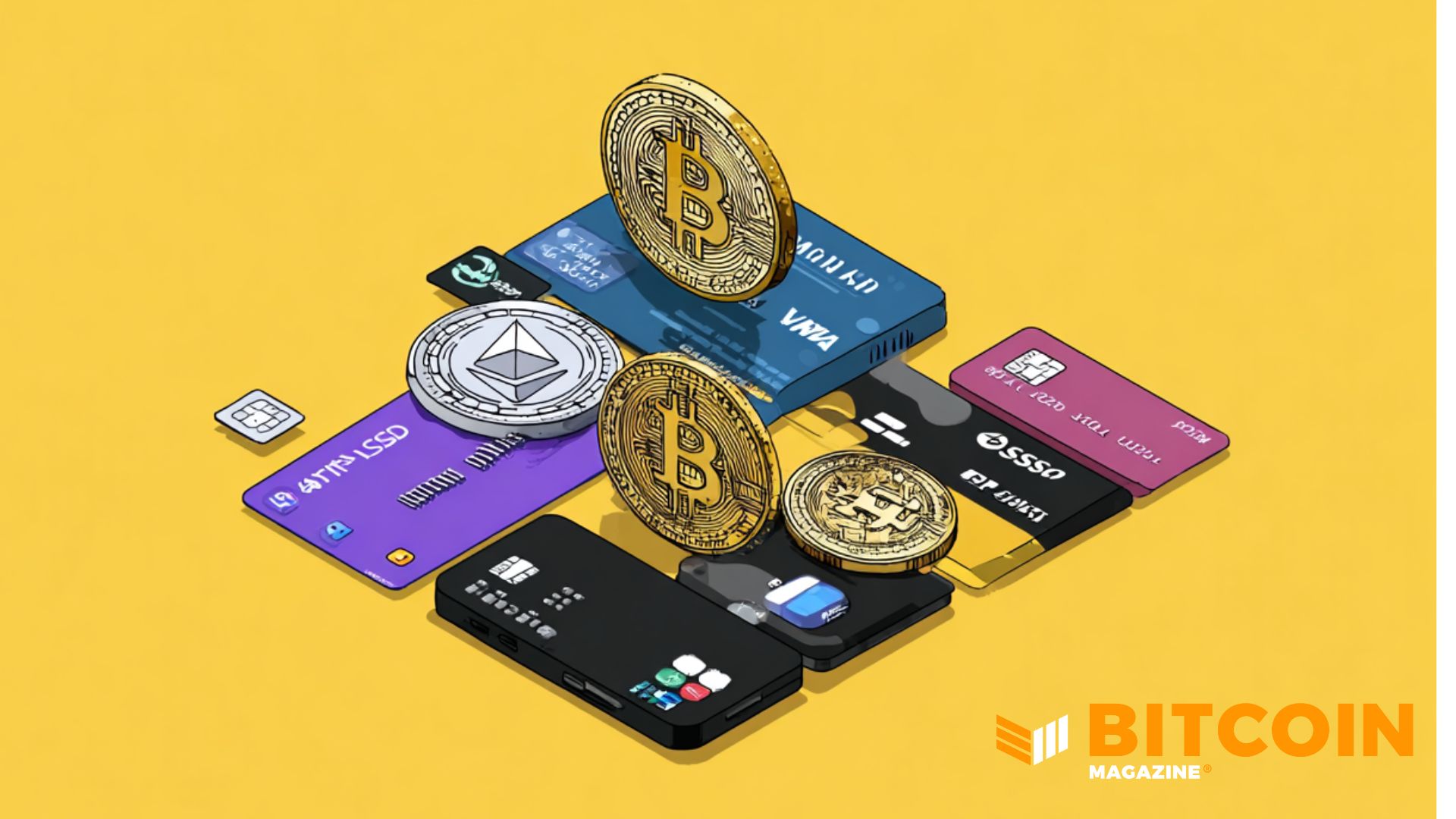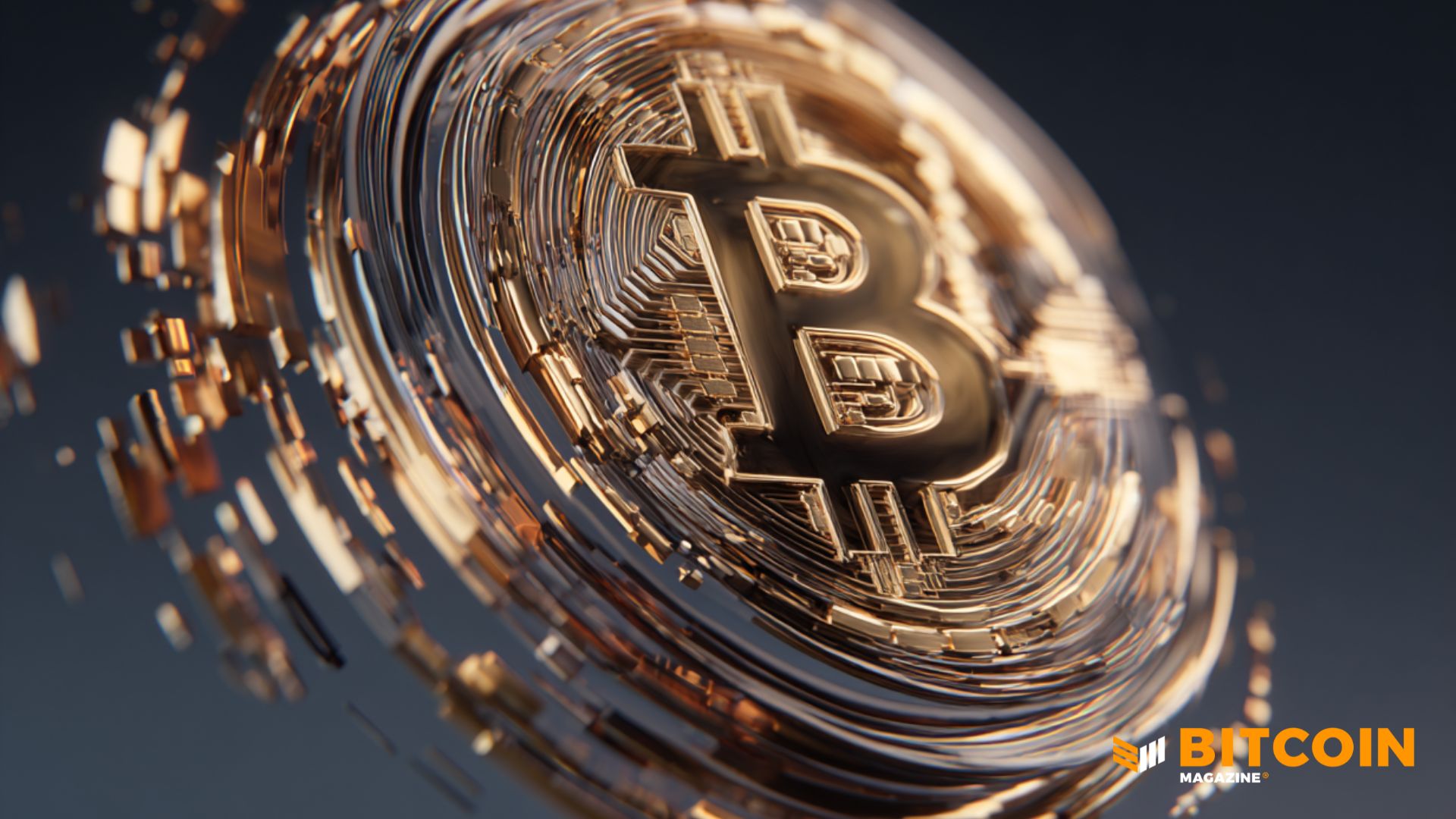2019-9-3 12:13 |
Traditional payment processing has been around for centuries. At first, everything was written down on pieces of paper, then technology evolved and introduced digital ledgers. Later, the Internet came and brought forward another revolution, which made it possible to transfer money all over the world through your computer.
The latest revolutionary development in payment processing is called blockchain. While blockchains started becoming popular with the rise of Bitcoin, soon after specialists realized the potential behind this technology.
A boom of blockchain-based payment processing platform is expected in the near future, as more companies are beginning to recognize the benefits that distributed ledgers can bring to the industry.
What is Blockchain-Based Payment Processing?In order to define blockchain-based payment processing, first, we need to establish what the blockchain actually is. Blockchains are a series of information blocks, which are connected through cryptography. Their main benefit is that once a transaction is recorded, it cannot be altered.
Moving on to blockchain-based payment processing. This type of payment processing is essentially built on top of distributed ledger, in order to make it possible to use all perks of blockchain technology.
Distributed ledgers are the foundation of all blockchain-based payment processing systems. A shared ledger is a place where all data is compiled, synchronized and verified. Distributed ledgers are the way blockchains remain decentralized, as they verify transactions multiple times through nodes located all over the world.
Payment-Processing IndustryPayment-processing is necessary virtually everywhere nowadays. Regardless of the type of business, or services provided, the exchange of goods for money is driving the global economy. According to a 2018 BNP Paribas report, non-cash transactions have grown by more than 10% in 2016, reaching 482.6 billion worldwide. Payment-processing volume has been growing in all of the top ten markets around the world, including the United States, the Euro area and China. The average number of transactions per person per year is also increasing.
The latest UK Finance report on Payment Markets, predicts that by 2028, the volume of faster payments and remote banking services will almost double.
Considering the fast-paced world we live in, everyone is looking for three main qualities in payment-processing – security, speed, and flexibility. While traditional services have developed greatly in the past several decades, it still takes some time to process transactions, and most importantly authenticate them.
According to MerchantSavvy’s recent research, the global mobile payment-processing share is projected to increase from 15% to 28% by 2020. The report also details that the biggest concern of customers before turning to mobile payments is security, with more than 40% of respondents stating that they fear their data will be misused.
What blockchain brings to the table is an all-in-one solution covering the main qualities. Transactions recorded on the blockchain are authenticated via a peer-to-peer verification method, which means that fake deposits and withdraws are very hard to accomplish. Transactions are also executed in a matter of seconds, as smart contracts provide an automated means of accomplishing tasks. Lastly, blockchain-based payment processing can be tailored to almost any kind of service needed, making one of the most versatile options.
Ripple, Stellar and EthereumRipple, Stellar and Ethereum are three of the most important distributed ledgers currently available. Distributed ledgers are the foundation of any blockchain-based payment processing system.
Ripple has developed its’ own processing solution called xCurrent, which has attracted the attention of several banks worldwide, including Turkish Akbank. xCurrent offers fast-processing times, and security, guaranteed by the Ripple blockchain and distributed ledger.
Ethereum is an open-source platform, which offers the perfect environment for developing decentralized apps, including payment processing software. Other than decentralized apps, ethereum also has its own cryptocurrency – Ether, which also facilitates faster and secure payments.
Last but not least, there is Stellar. This is a relatively new name on the blockchain-based processing landscape, however, it is probably the most promising payment processing environment. According to a leading payment-processing provider Traxalt, the Stellar blockchain offers considerable advantages when compared to Ripple and Ethereum. Stellar’s biggest plus is that the costs for transferring funds are significantly lower.
Traditional Banks and Blockchain-based PaymentsTraditional banks are still lagging in terms of the adoption of blockchain-based payment processing. This phenomenon is largely due to the fact that cryptocurrencies and fiat currencies are something like archenemies.
Banks are still reluctant to adopting blockchains, as they are mainly used to facilitate the exchange of crypto assets. However, the undeniable benefits blockchain brings to payment processing will soon convince banks that this is the future of the industry.
Blockchain payment processing is not only faster and more secure but also cheaper to maintain. This means that technology brings benefits to both banks and customers. Consequently, blockchain technology is bound to enter the banking industry, even if a little slower than in other industries. There are already examples of banks using blockchain technology to boost cross-border payments.
There are infinite possibilities for improvement, which might be brought by the introduction of blockchain payment processing. Hypothetically speaking, if all banks around the world agree on joining a common blockchain-based payment processing platform, customers from any country will be able to send and receive money internationally, in a matter of seconds.
Blockchain RevolutionWhile blockchain technology is still being explored, it is bound to bring a revolution to the payment processing industry. Many businesses have started turning to blockchain technology in order to streamline their payment processes. This includes business relationships with suppliers, delivery and even distribution. Blockchain allows for easy tracking and execution of different processes, all the while storing enormous data sets.
This combination makes blockchains extremely suitable for implementation in business payment processing. Blockchains can virtually store an infinite amount of information, which means this is a suitable solution for growing enterprises as well.
Ever since the Bitcoin boom in 2016 and 2017, blockchain has been getting more traction in different sectors of business and research.
Numerous industries are beginning to recognize the benefits distributed ledgers can bring to administration, productivity and cost-reduction. Some examples include the tracking and distribution of medicine, the administration of medical records, food and product tracking services, and travel booking. Payment processing is one of the sectors benefiting the most from the introduction of blockchain, as the technology covers the main functions of platforms currently in use.
Image(s): Shutterstock.com
The post Payment Processing in the Blockchain Era appeared first on NullTX.
origin »Bitcoin price in Telegram @btc_price_every_hour
Render Payment (RPM) на Currencies.ru
|
|

